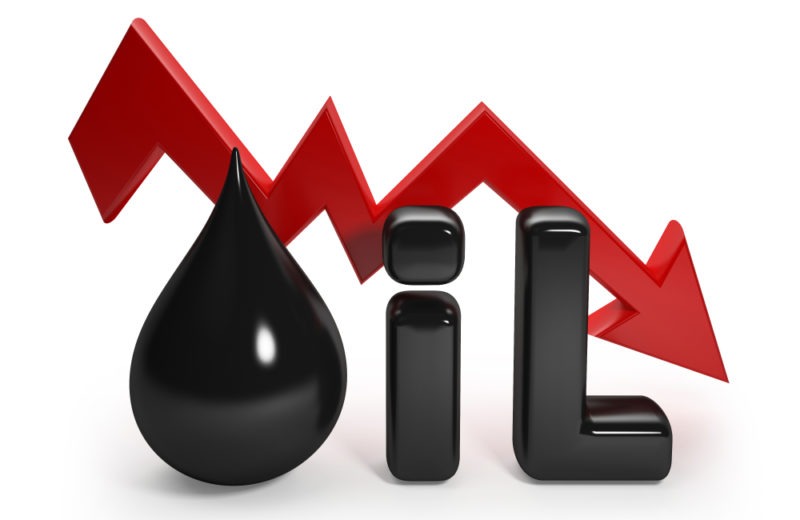Oil futures faced a dip in prices on Thursday as traders weighed expectations of further interest rate hikes against potentially bullish US oil inventory data following preliminary figures indicating a decline in stocks.
Brent futures experienced a decrease of $1.36, equivalent to 1.7%, settling at $75.78 per barrel, while US West Texas Intermediate (WTI) crude futures fell by $1.30, or 1.8%, reaching $71.23.
Although the market witnessed some strength in the previous session due to surging US corn and soybean prices, which raised hopes for increased oil demand, caution prevailed as Federal Reserve Chair Jerome Powell hinted at two more interest rate hikes of 25 basis points each by year-end. With the Bank of England also anticipated to raise rates, concerns arose regarding potential economic slowdowns and reduced oil demand.
Oil Inventory Data and Production Cuts Offer Mixed Signals
Keeping a watchful eye on upcoming drivers, the market eagerly awaited official US oil inventory data scheduled for release at 1430 GMT, along with Chinese factory activity data expected next week. Early indicators revealed a surprising drop of approximately 1.2 million barrels in US crude oil inventories last week, defying predictions of a build-up of 300,000 barrels. In addition, insights from a senior executive at US shale producer EOG Resources highlighted the potential for muted increases in US oil production and production cuts by OPEC+ countries to limit supply in the coming months.
Oil Prices at a Standstill Amidst Bearish Factors
Despite factors such as additional production cuts, record crude oil imports from China, and a positive outlook for air travel and jet fuel demand, oil prices remain stagnant within the range of $70 to $75 per barrel. Various bearish factors contribute to this stagnation, including uncertainties surrounding China’s economic rebound, inflation concerns, and recession fears among commodity traders. Additionally, the energy transition and forecasts predicting a decline in oil demand due to renewable energy and electric vehicles present a new challenge for the industry. A recent report by the Canada Energy Regulator projected a potential 65% reduction in oil demand by 2050 if a successful transition to a net-zero global energy system occurs.
















